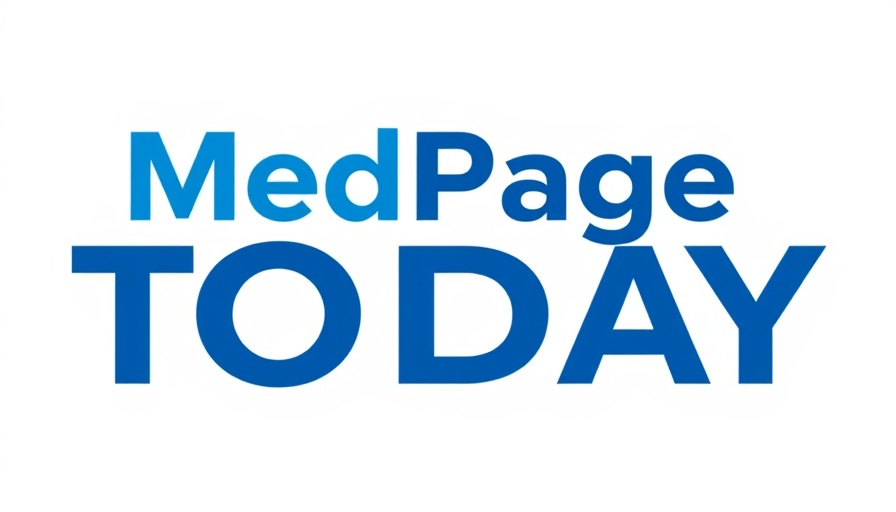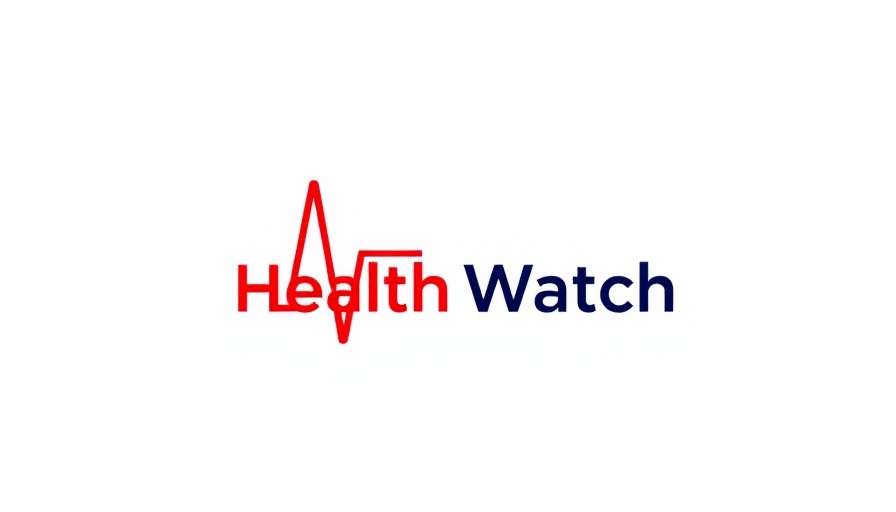
Understanding Vaccine Safety and Efficacy
In recent years, vaccines have been at the forefront of public health discussions. Despite the myriad opinions on the topic, a wealth of scientific data supports their safety and effectiveness. Vaccines are tested rigorously through multiple phases of clinical trials before they are approved for public use. These trials not only assess the effectiveness of the vaccine in preventing disease but also monitor for any adverse effects that may arise.
The Importance of Clinical Trials
Clinical trials for vaccines are conducted in three phases, each designed to answer specific questions regarding safety and efficacy. In phase one, researchers evaluate the vaccine's safety in a small group of healthy volunteers. Phase two expands the participant pool to include several hundred individuals, where the immune response is measured. Finally, phase three involves thousands of participants and is critical for determining how well the vaccine works across diverse populations. This rigorous process ensures that vaccines are safe for public use.
Real-World Impact of Vaccination
Vaccination programs have historically shown significant impacts on public health. For instance, the introduction of the measles vaccine has led to a dramatic decrease in cases worldwide. The Centers for Disease Control and Prevention (CDC) reported that prior to the vaccine's availability, the U.S. experienced about 500,000 measles cases each year. Now, those numbers are nearly negligible due to effective vaccination strategies.
Common Misconceptions Surrounding Vaccines
One of the biggest barriers to vaccination is misinformation. Some believe that vaccines can cause the diseases they are meant to prevent, which is a misconception debunked by scientific evidence. Vaccines contain either inactivated parts of the germ that causes the disease or a blueprint (such as mRNA) for the immune system to recognize the disease without exposing the person to the actual germ. Addressing these misconceptions is essential for boosting public confidence in vaccines.
The Role of Health Organizations
Health organizations worldwide, including the World Health Organization (WHO) and CDC, play a crucial role in promoting vaccination as a safe and effective public health strategy. They continuously monitor vaccine safety through organizations like the Vaccine Adverse Event Reporting System (VAERS). This system collects data on adverse reactions post-vaccination, allowing for ongoing safety monitoring and ensuring any potential issues can be addressed swiftly.
Future Insights on Vaccination
As we move forward, the landscape of vaccines continues to evolve. Innovations such as mRNA technology, which saw widespread use during the COVID-19 pandemic, are paving the way for future vaccines targeting a variety of pathogens. These advancements hold promise not just for infectious diseases but also for potential vaccines against other chronic conditions.
In a world increasingly challenged by vaccine hesitancy driven by misinformation, it's vital to engage in open conversations with communities about vaccine safety. Empowering individuals with accurate information can help dispel myths and lead to better public health outcomes, protecting our communities and enhancing overall wellness.
 Add Row
Add Row  Add
Add 




Write A Comment